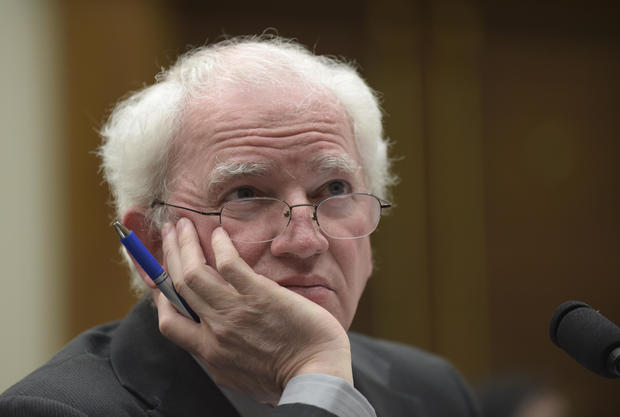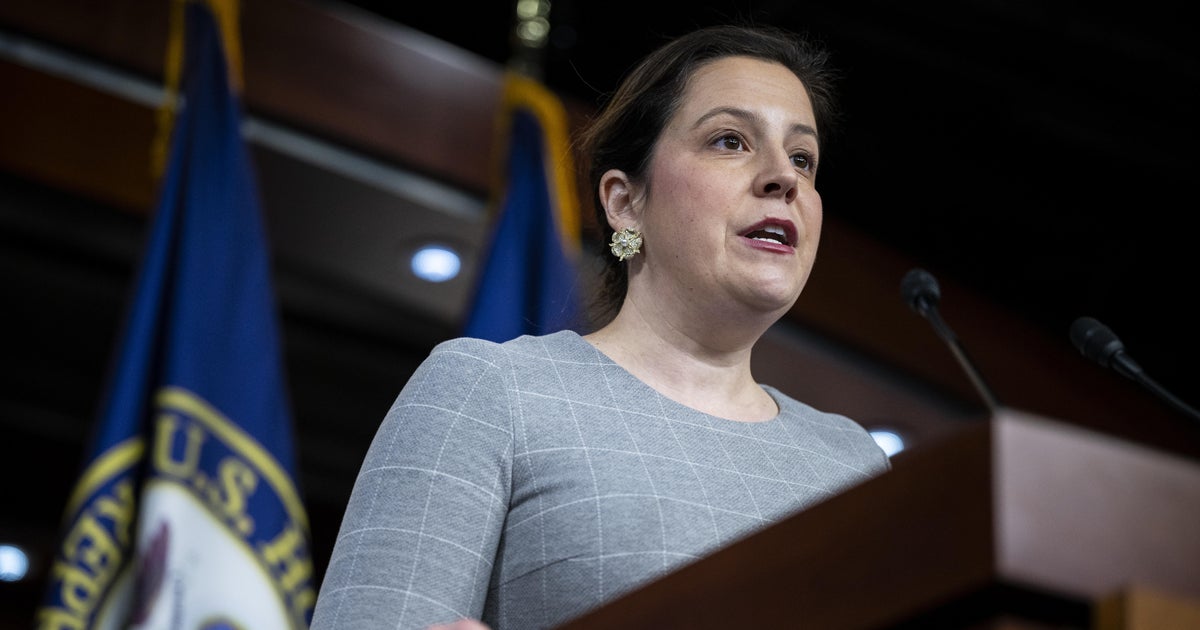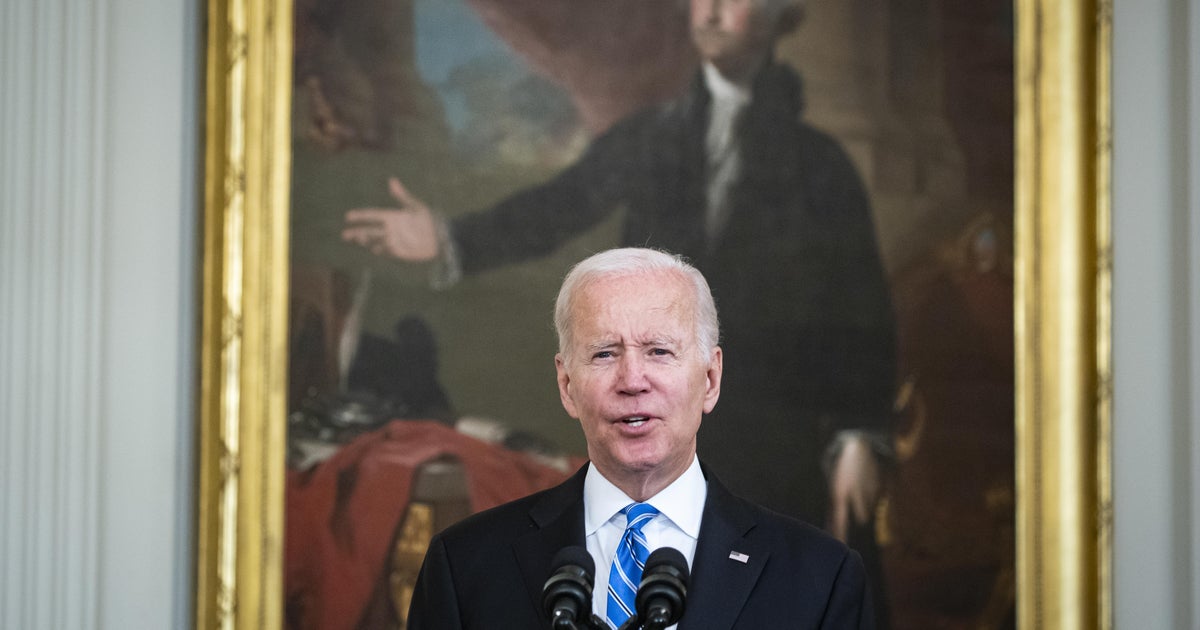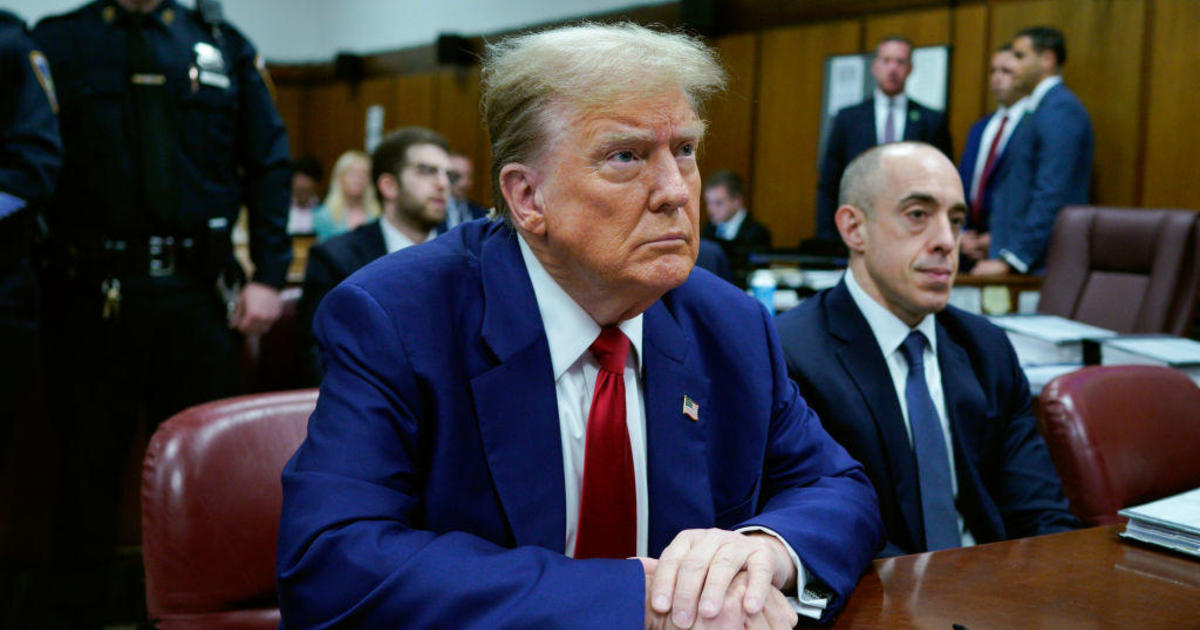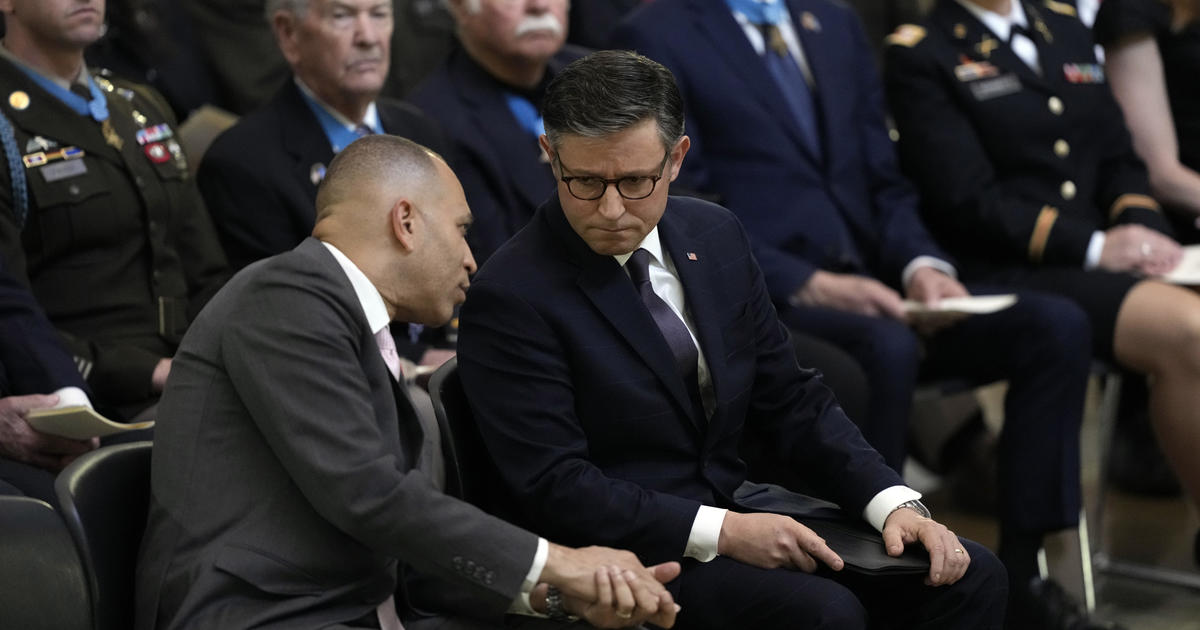Who is John Eastman and why is he being referred for charges by the Jan. 6 committee?
Anyone following the House select committee's investigation into the Jan. 6, 2021, Capitol assault has probably heard the name John Eastman, the law professor who was referred to the Justice Department for possible prosecution on criminal charges on Monday.
Eastman allegedly pitched then-President Donald Trump on a scheme described Monday by Democratic committee member Rep. Pete Aguilar of California as a "meritless proposal" — "a combination of bogus election fraud claims and ... fake electoral ballots to say that (Vice President) Mike Pence, presiding over the joint session, could reject legitimate electoral votes for President-elect Biden."
Moreover, the committee pointed out that even before the 2020 election had taken place, Eastman had "admitted" that Pence would not be able "to lawfully refuse to count official electoral votes," and yet formulated a scheme for him to do so anyway.
The panel has made a criminal referral of Eastman for possible charges of obstruction of an official proceeding and conspiracy to defraud the United States; both are symbolic, unless the Justice Department chooses to act on them.
"I think the point can't be lost that a congressional referral, criminal referral, as much attention as it's getting, really carries no legal significance," said Charlie Burnham, Eastman's attorney, on a call with reporters following Monday's Jan. 6 committee meeting. His other attorney, Harvey Silvergate, said one has to look "very closely at what Dr. Eastman did and see whether in fact he was engaged in a political act or whether it's actually criminal."
So who is John Eastman?
A professor at Chapman University Law School in Southern California until mid-January 2021, and once a clerk for Supreme Court Justice Clarence Thomas, Eastman was a former private attorney for President Trump and an informal adviser in the wake of the 2020 presidential election.
Eastman became known for his widely-discredited theory, which he proposed in a memo, that former Vice President Mike Pence had the authority to delay or even reject the certification of state electors. According to Greg Jacob, Pence's former counsel, Eastman acknowledged two days before Jan. 6 that his plan wouldn't hold up in court if Pence followed through and would violate the Electoral Count Act. Pence himself insisted he lacked any such authority. Eastman later in 2021 would try to distance himself from the memo outlining how Pence could potentially help block the election certification process.
Additionally, according to the committee, Eastman allegedly advocated for selecting a false slate of electors in a bid to keep Trump in office.
Eastman spoke during Trump's rally at the White House Ellipse ahead of the Jan. 6 Capitol attack, to the consternation of some of his colleagues at Chapman University, where he was employed at the time. After the attack, over 140 Chapman faculty members signed a letter calling for his resignation, writing that Eastman "spouted lies about 'secret folders' to fire up an angry crowd and stood approvingly next to Rudy Giuliani as he called for 'trial by combat.'" Eastman, who retired shortly after the attack, called the letter "defamatory."
Following the select committee's meeting on Monday, Lesley Smith, chair of the University of Colorado's Board of Regents, called Eastman an "embarrassment," according to the Denver Post. Eastman served as the visiting scholar in conservative thought and policy at the University of Colorado Boulder for the 2020 to 2021 academic year, which coincided with his time advising Trump on efforts to reverse the outcome of the election.
"John Eastman has not been affiliated with CU for some 20 months. As CU Boulder Chancellor Philip DiStefano clearly noted immediately following the Jan. 6 riot, Eastman's conduct in the weeks preceding Jan. 6 and on that day was shameful and it certainly does not reflect CU's values. He is an embarrassment," Smith said, according to the Denver Post. "We respect both the January 6 Committee's right to make a referral to the Justice Department and the department's ability to evaluate the evidence and determine whether to seek charges against him."
Earlier this year, U.S. District Judge David O. Carter said in an order that communications from Eastman show Trump and his lawyers pushed claims of voter fraud that he knew to be false in federal court and to the public in order to delay the counting of electoral votes. That order was part of a legal battle between Eastman and the House select committee.
But Eastman and his attorneys insist the judge and committee are only showing the evidence that's helpful to them.
"By cherry-picking the things that supported their position and ignoring all the rest, they had a preponderance of the evidence," Eastman told reporters Monday.
On the call with reporters, CBS News asked Eastman why he would participate in a Zoom meeting with journalists but refused to answer the committee's questions about Jan. 6, pleading the 5th Amendment repeatedly instead.
Eastman said the House panel was a "much more biased forum," and was "clearly conducting a criminal investigation, which is beyond their purview" as the legislative branch.
Eastman decried what he called the "the criminalization of our political process" and "criminalization" of political opponents.
Burnham, Eastman's attorney, argued Congress could be setting a bad precedent referring political opponents for criminal prosecution.
The Jan. 6 panel must wrap up its work by the end of the year, because House Republicans, who have disparaged the select committee's work, take control of the House in January. The panel has also made criminal referrals to the Justice Department for Trump, and referred four House Republicans, including House GOP leader Kevin McCarthy, to the House Ethics Committee for potential sanctions.
